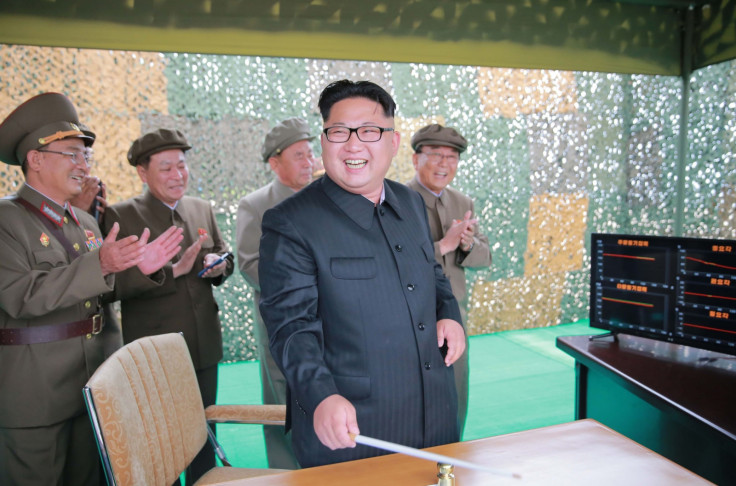Russia boosts North Korea's internet as US ramps up pressure on Pyongyang
The fresh link would be vital for coordinating cyberattacks, expert says.

A leading Russian telecommunications provider has stepped in to help the North Korean regime stay connected to the internet, a leading watchdog has revealed.
38North, an academic research group dedicated to analysing the reclusive rogue nation, said on 1 October that Russia's TransTeleCom, or TTK, first started routing North Korean internet traffic from just after 17:30 Pyongyang time (9am GMT) on Sunday.
The watchdog, citing statistics from web monitoring firm Dyn Research, said that the new internet connection will help back up an existing service offered by China.
It comes as North Korea faces heightened pressure from America, which is in turn applying strain on China, one of the countries few allies, to help enforce heavy sanctions.
One cybersecurity expert told Reuters that the fresh link would be vital for coordinating cyberattacks.
Despite denials from the state, the North's hackers have previously been linked to digital assaults including the sabotage of Sony Pictures back in 2014.
More recently, the country has been tied to bitcoin heists and global ransomware outbreaks.
"The new link supplements one from China and will provide back-up to Pyongyang at a time the US government is reportedly attacking its internet infrastructure," said the 38North team.
That was in reference to a Washington Post report which revealed that US Cyber Command had – until Saturday (30 September) – been conducting a series of distributed denial of service (DDoS) attacks on internet connections used by suspected North Korean hackers.
Such an attack would typically work by overwhelming the country's sole service provider – Star Joint Venture – with traffic to bring all activity on the network to a halt.
US officials, who did not wish to be named, told the Washington Posr that the effects were intended to be temporary and not destructive. "We are going to take appropriate measures to defend our networks," said one senior source in regards to the hack-back strategy.
A spokesman for TTK told IBTimes UK that the company had a long relationship with North Korea.
"TTK has historically had a backbone network interface with North Korea under an agreement with Korea Posts and Telecommunications Corp struck in 2009," a statement read.
North Korea activated first internet link via Russia as US steps up campaign against Pyongyang https://t.co/mmuTdilFSq pic.twitter.com/Zz62iMyfFP
— Dyn Research (@DynResearch) October 2, 2017
North Korean internet has long been a fascination for analysts.
It is believed that government figures, members of the elite family and a fraction of the military – reportedly the Reconnaissance General Bureau - are given access to the wider web.
Recorded Future, a leading cybersecurity firm, said in a report released earlier this year the nation's internet may not be as restricted as once assumed.
It found that websites dedicated to social media, shopping and gaming were all popular in North Korea and ultimately concluded that the internet browsing habits of those who have access to the worldwide internet is "not that different from most Westerners".
© Copyright IBTimes 2025. All rights reserved.





















